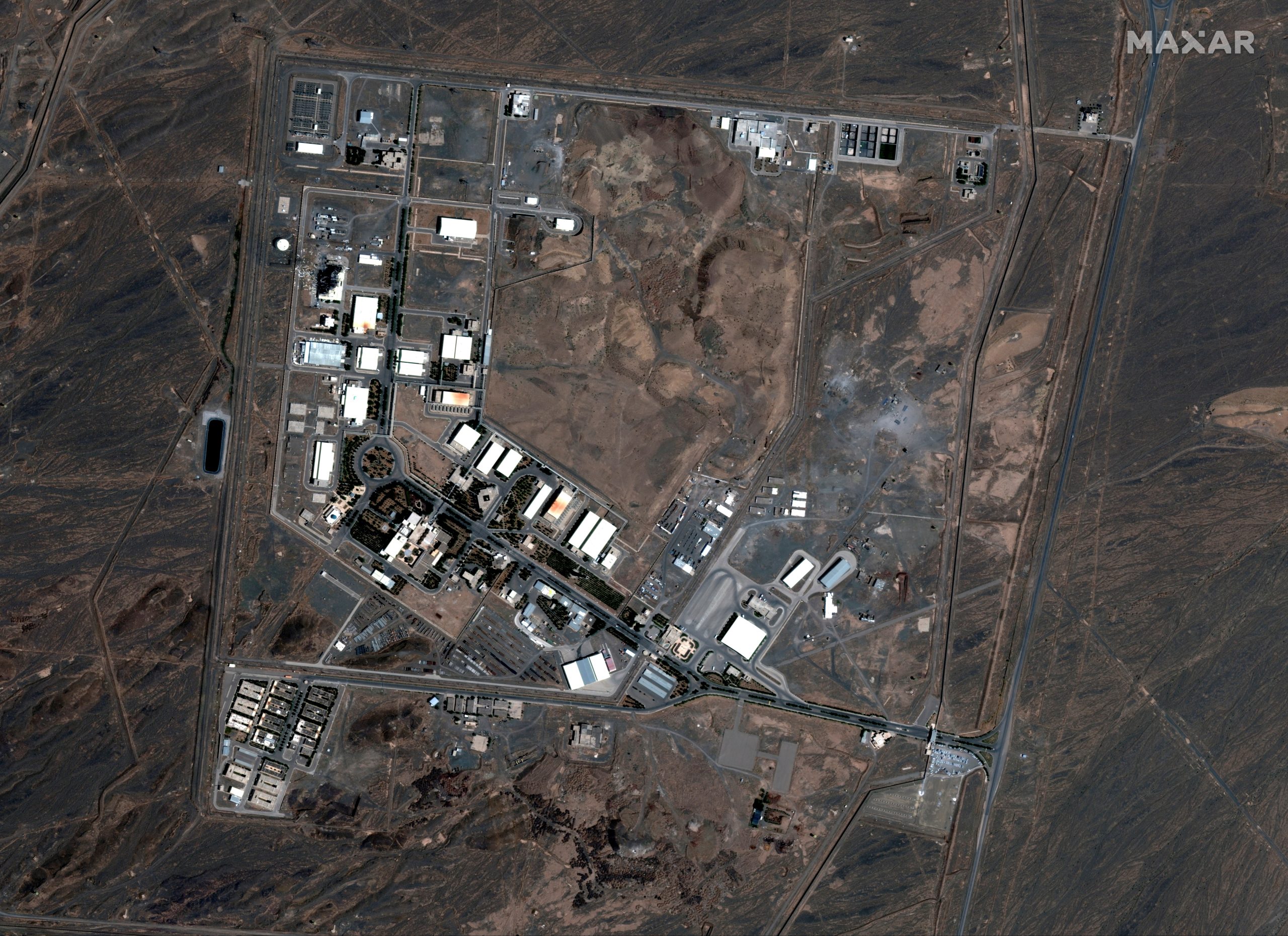Eslam Mohamed
In conjunction with the flight of massive American B-52 bombers near Iran for the first time during the era of new US President Joe Biden, the Middle East region is witnessing tensions and mutual threats between Tehran and Tel Aviv, as Israeli Chief of Staff Aviv Kohavi issued a warning to the residents of Lebanon, where Tehran backs Hezbollah, indicating that Israel will allow them to leave when there is tension, but their areas will be a field for Israeli operations, as they are overcrowded with missiles.
Warning against returning to nuclear
“We enjoy wide freedom of action in all parts of the Middle East… We will abide by international law and we will warn the population in Lebanon or Gaza or in every other region. We will warn and allow them to leave. I now warn the residents in Lebanon or Gaza that with the start of the tension we will allow you to leave the areas that you know are crowded with missiles, and in light of this, these areas will witness intense attacks from us,” Kohavi said in a speech at the Israeli Institute for National Security Studies conference on Tuesday, January 26.
Kohavi believes that returning to the nuclear agreement with Iran signed in 2015 or reaching another “similar or modified” agreement would be a practical and strategic mistake, calling on the US administration not to allow this.
Since Washington’s withdrawal from the nuclear agreement, Tehran has gradually crossed basic limits imposed under it, increased its stocks of low-enriched uranium, and began to enrich it with higher degrees of purity, and to use centrifuges in a manner that is not consistent with the terms of the agreement.
Kohavi said those steps by Iran showed that it could ultimately make a decision to move quickly toward building nuclear weapons.
Tehran denies seeking to possess nuclear weapons, but Kohavi continued, saying, “In light of this basic analysis, I have directed the Israel Defense Forces to prepare a set of operational plans in addition to what we already have,” adding that deciding on implementation will be up to the political leadership, but those plans must be at the table.
Tehran is waiting
On the other hand, Iran’s permanent representative to the United Nations, Majid Takht-Ravanchi, affirmed that his country reserves its right to respond to any threats from Israel, saying in a speech on Tuesday evening, January 26, during a United Nations meeting, “Israel continues lying, deception and using fabricated information to show that Iran’s nuclear program poses a threat to the region.”
He stressed that Israel’s threats are aimed at covering up its nuclear arsenal and undermining stability in the region, adding, “Iran reserves its right to respond to any Israeli threats,” and “deception is an essential element in Israel’s foreign policy, and it has not missed an opportunity to eliminate the nuclear agreement.”
Hours after Kohavi threatened a coming war, Tel Aviv sent military reinforcements on Wednesday, January 27 to the occupied Syrian Golan Heights to strengthen its position there.








































admin in: How the Muslim Brotherhood betrayed Saudi Arabia?
Great article with insight ...
https://www.viagrapascherfr.com/achat-sildenafil-pfizer-tarif/ in: Cross-region cooperation between anti-terrorism agencies needed
Hello there, just became aware of your blog through Google, and found ...